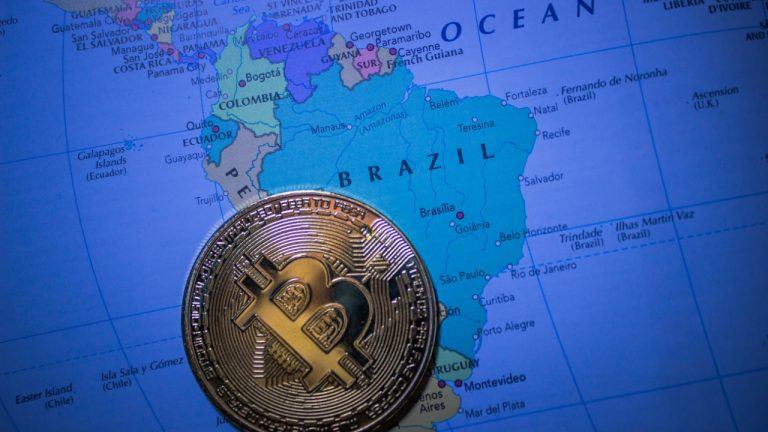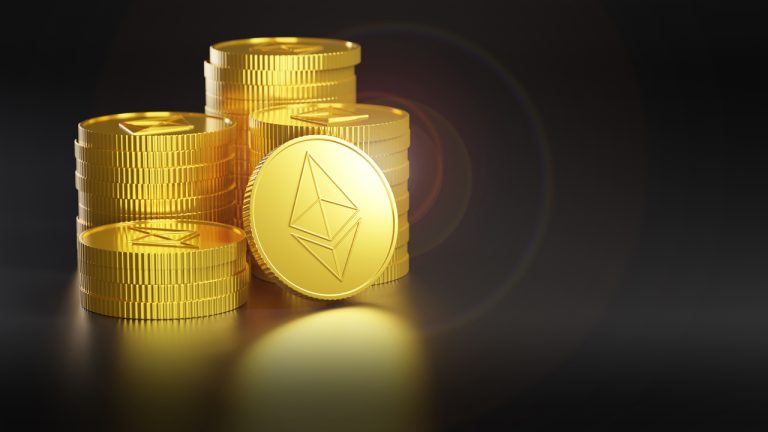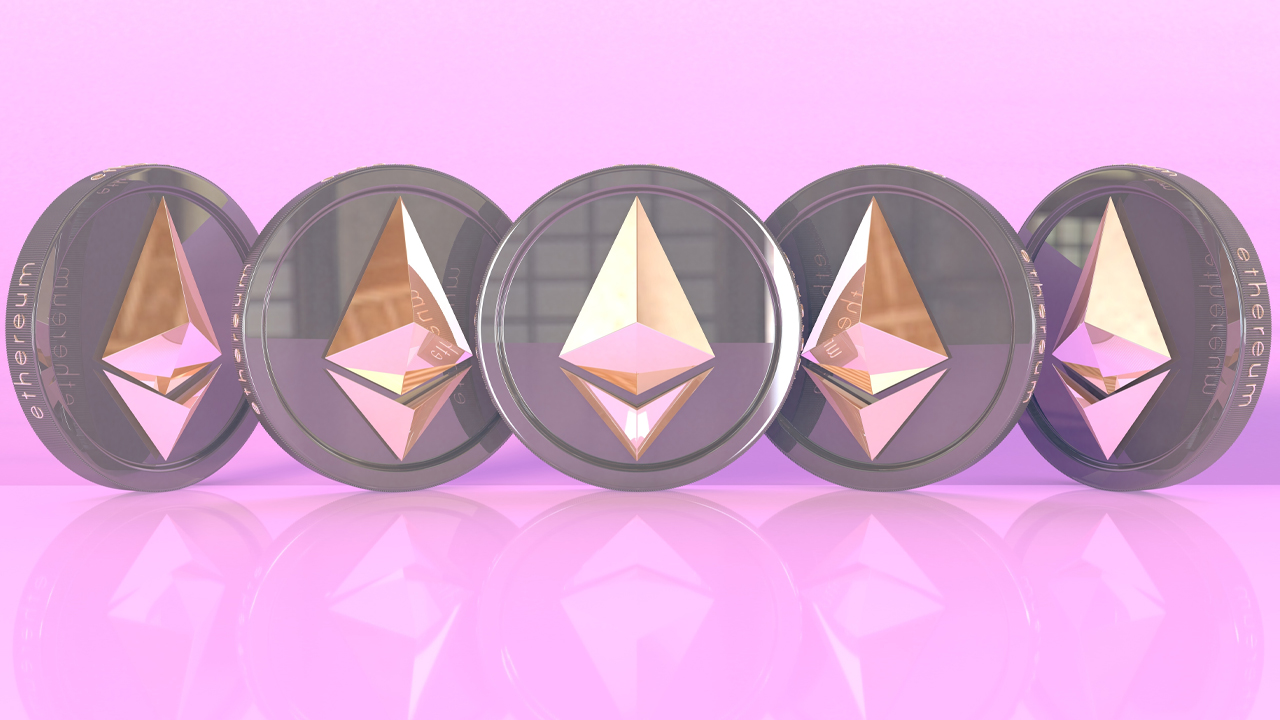
The decentralized Web3 marketplace will leverage EigenLayer’s infrastructure to improve accessibility and reduce development costs.
Consensys Ethereum validator node provider Infura said it’s made significant progress in its Decentralized Infrastructure Network (DIN), announcing plans to launch as an Actively Validated Service (AVS) on Ethereum restaking platform EigenLayer.
“By leaning on Ethereum’s economic security through EigenLayer, we continue to build on DIN’s steady progress creating a Web3 permissionless marketplace for infrastructure services,” said head of product for Infura DIN, Tom Hay, in an announcement made at Devcon 2024 in Bangkok on Nov. 14.
DIN is a decentralized Web3 API marketplace, or decentralized “app store” for blockchain infrastructure, which provides a new way for developers to connect to Ethereum and other leading blockchains. It currently operates across multiple networks, including Blast, Mantle, Starknet, ZKsync, BNB Smart Chain and Scroll.











